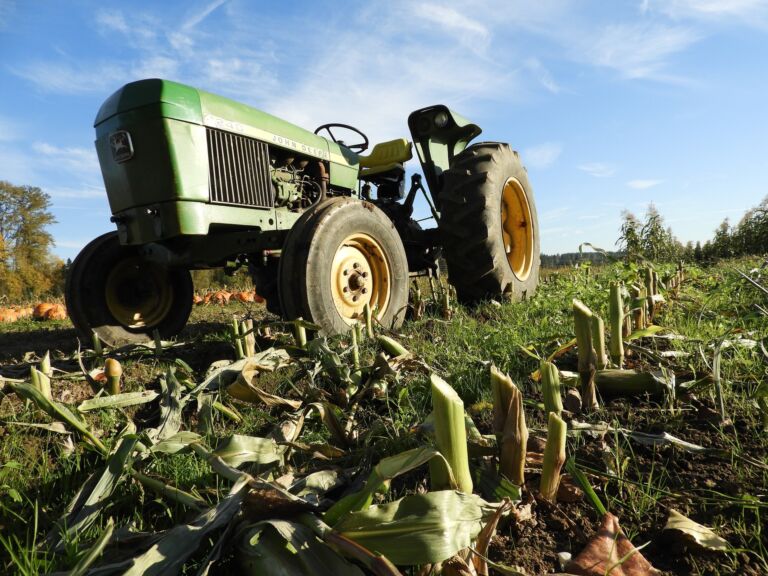Earlier this week Locke published my report on “Expanding Rural Broadband Access in North Carolina.” The report acknowledges good work from state leaders in recent years to expand opportunities for rural broadband, especially wireless. It then makes three recommendations to supercharge NC in this critical competition. I explain in the executive summary the incredible opportunity and the present challenge:
In 2019, the Federal Communications Commission (FCC) created a $20.4 billion new Rural Digital Opportunity Fund (RDOF) to deploy broadband to eligible unserved and rural locations across the country. When the results of the Phase I RDOF auction were announced, nine companies had won bids to expand broadband access to 155,137 locations across the state of North Carolina — nearly all of the 158,805 eligible locations identified across the state.
This very welcome news also presents a challenge for North Carolina policymakers seeking to deploy broadband access in those areas quickly. Labor, materials, and investment capital for expanding broadband deployment will be in high demand, and given the FCC’s six-year window for project completions, states will be competing with each other for broadband workers and material. They will flow to states where their use promises to be the most efficient and cost-effective, and that will depend upon states having the right policies in place to ensure timely builds and relative certainty over costs.
The map atop this post shows the 155,137 bid-winning unserved rural locations. They comprise nearly 98% of the unserved locations identified by the FCC. The sooner providers can connect them to broadband infrastructure, the better. The more cost-effective the projects are, the more people they can reach.
As I see it, by removing certain impediments, state leaders can help private providers reach more people, quicker, in these unserved areas. My recommendations aim to reform the three most pressing issues impeding broadband infrastructure and deployment in NC right now:
- Cost sharing. When a pole attachment necessitates purchasing and installing a replacement pole, pole owners should share in the cost by having the new attaching entity responsible for the remaining net book value of the pole being replaced, not the full cost of purchasing and installing the new pole. This change would lower project costs perhaps dramatically, serve the public interest to encourage rather than discourage broadband expansion to unserved and rural areas, and be more just and reasonable than giving a windfall to the pole owner at great expense to an attaching entity.
- Quick decisions. Require the North Carolina Utilities Commission to expedite disputes concerning pole attachments. It is in the public interest to promote rapid expansion of broadband service into unserved and rural areas, which would include an accelerated resolution to pole attachment disputes.
- Consistent formula. Have all utility pole owners adhere to the same FCC cable rate formula for pole attachments, regardless of whether they are regulated by Section 224 of the Communications Act. It would create a much more uniform, predictable, and certain cost environment for pole attachments and broadband expansion projects — a result that would help speed broadband expansion.
As I write in the report, these proposal would result in lowering costs to broadband providers, which would make state, federal, and private investment efforts to expand rural broadband much more efficient and allow their reach to extend much further. In so doing, they would help North Carolina’s projects move to the front of the line in the national competition for broadband workers, capital, and investment. In this competition where time is of the essence, they address the areas of most immediate need for North Carolina.


